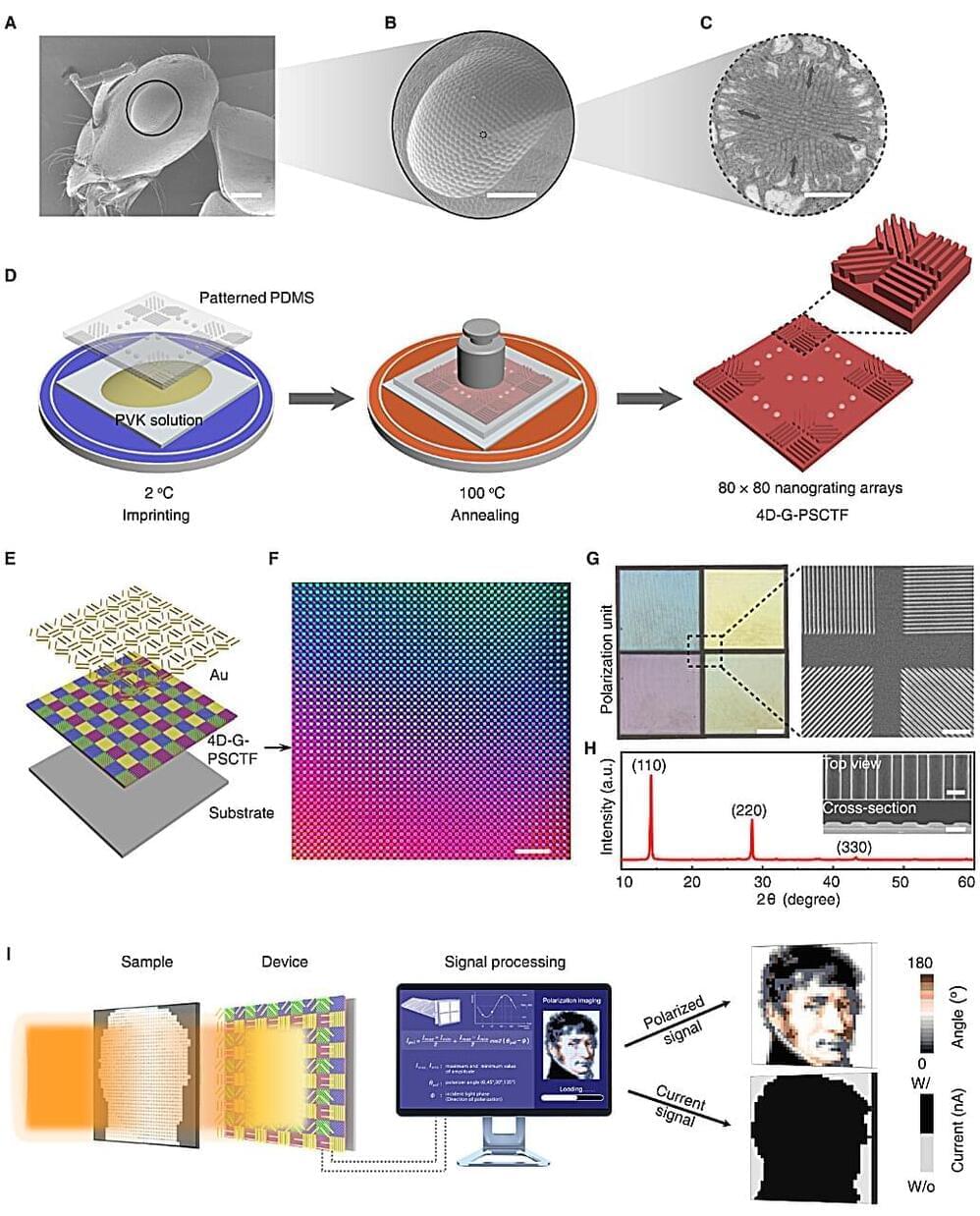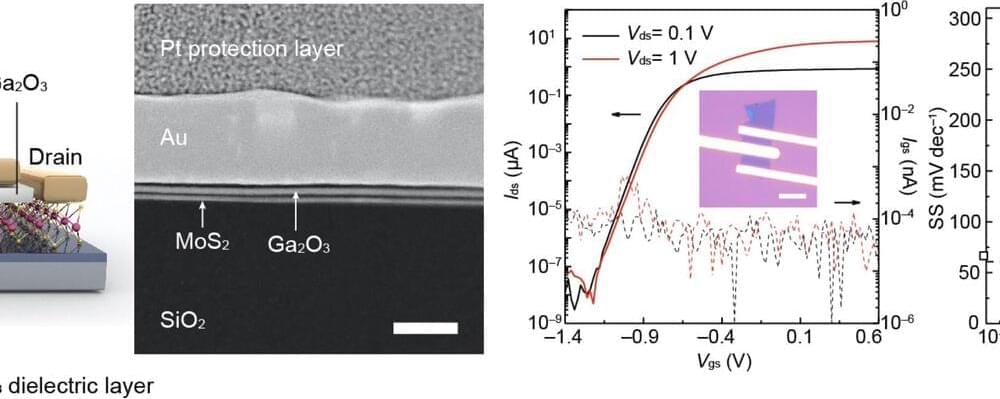Featured ContentThe image featured at the top of this post is ©Song_about_summer/Shutterstock.com.


Featured ContentThe image featured at the top of this post is ©Song_about_summer/Shutterstock.com.

Cell–cell alignment and a background of stationary cells together shape the emergence of cellular clusters in a primary tumor.
In a cancer patient, tumor cells that circulate throughout the body in clusters pose a greater threat of metastasis than those that circulate individually. Those clusters are thought to come together while the cells are still within the primary tumor, but researchers still don’t understand the formation mechanism. Quirine Braat at Eindhoven University of Technology in the Netherlands and her colleagues have now used computer simulations to identify some of the factors at play [1].
The team used a computational lattice model of cells and tissues (the cellular Potts model) to examine a 2D layer of two types of cells—one motile (able to move) and one nonmotile. The tendency of the motile cells to migrate was represented in the model by an external force applied to each one. For a given cell, this force could align strongly or weakly with the forces acting on its neighboring cells.

A joint research team led by Yuuki Kubo and Shiji Tsuneyuki of the University of Tokyo has developed a new computational method that can efficiently determine the crystal structures of multiphase materials, powders that contain more than one type of crystal structures. The method can predict the structure directly from powder X-ray diffraction patterns, the patterns of X-rays passing through crystals roughly the same size as instant coffee particles.
Unlike conventional methods, this approach does not require the use of “lattice constants” and can be applied to existing experimental data that could not be analyzed until now. Thus, the new method is a crucial asset for discovering new material phases and developing new materials. The findings are published in The Journal of Chemical Physics.
Many materials can have several crystal structures, “phases,” even in the same solid state. Determining the underlying crystal structures of materials is essential for understanding their properties and formulating strategies to develop new materials. However, conventional methods make calculations using the “lattice constant,” a property of the crystal being investigated.

Polarization photodetectors (pol-PDs) have widespread applications in geological remote sensing, machine vision, and biological medicine. However, commercial pol-PDs usually require bulky and complicated optical components and are difficult to miniaturize and integrate.
Chinese researchers have made important progress in this area by developing an on-chip integrated polarization photodetector.
This study, published in Science Advances on Dec. 4, was conducted by Prof. Li Mingzhu’s group from the Technical Institute of Physics and Chemistry of the Chinese Academy of Sciences.

Transistors based on two-dimensional (2D) semiconductors, such as molybdenum disulfide (MoS2) and tungsten diselenide (WSe2), could outperform conventional silicon-based transistors, while also being easier to reduce in size. To perform well, these transistors need to be based on high-quality dielectric materials, which can be difficult to prepare.
Researchers at Nanyang Technological University, Nanjing University of Aeronautics and Astronautics recently introduced a new promising strategy to prepare the dielectric materials for these transistors. Their approach, outlined in a paper published in Nature Electronics, was successfully used to deposit an ultrathin and uniform native oxide of gallium Ga2O3 on the surface of MoS2.
“Traditional methods of preparing dielectric layer, such as atomic layer deposition (ALD), encounter quality problems because of the high-quality surface of 2D semiconductors without sufficient nucleation points, especially at thin thicknesses down to a few nanometers,” Kongyang Yi, first author of the paper, told Tech Xplore.

Researchers have developed an innovative optical technology capable of enhancing data transmission by utilizing spatial-frequency patching metasurfaces.
This approach allows light beams to carry significantly more data across multiple independent channels, overcoming traditional optical beam limitations. Its applications extend to secure communication, encryption, and advanced optical systems.
Revolutionary optical technology for data transmission.
Quantum chaos, previously theoretical, has been observed experimentally, validating a 40-year-old theory about electrons forming patterns in confined spaces.
Using advanced imaging techniques on graphene, researchers confirmed “quantum scars,” where electrons follow unique closed orbits. These findings could revolutionize electronics by enabling efficient, low-power transistors and paving the way for novel quantum control methods. This discovery offers insights into chaotic quantum systems, bridging a gap between classical and quantum physics.
Patterns in chaos revealed in quantum space.
Researchers have developed a liquid ink that can be printed directly onto the scalp to monitor brain activity, offering a less intrusive alternative to traditional EEG setups.
This ink enables the creation of e-tattoos that accurately track brainwaves and maintain connectivity over extended periods. These innovations could drastically change the application of brain-computer interface technologies, making them more comfortable and efficient for users.
Innovative liquid ink for brain activity monitoring.
To demonstrate the capabilities of their diamond storage system, the researchers encoded a famous sequence of photographs by Eadweard Muybridge.
“The team then stored images by mapping the brightness of each pixel to the brightness levels of specific sites inside the diamond,” New Scientist reported.
Interestingly, the system achieved a remarkable level of accuracy and completeness, successfully storing and retrieving the images with 99%.

Each quantum computing trajectory faces unique developmental needs. Gate-based quantum computers require scalability, error correction and quantum gate fidelity improvements to achieve stable, accurate computations. The whole-systems approach needs advances in qubit connectivity and reductions in noise interference to boost computational reliability. Meanwhile, parsing-of-totality depends on advancing sensing techniques to harness atoms’ deeper patterns and potentiality.
Major investments are currently directed toward gate-based quantum computing, with IBM, Google and Microsoft leading the charge, aiming for universal quantum computation. However, the idea of universal quantum computation remains complex given that the parsing-of-totality approach suggests the possibility of new quantum patterns, properties and even principles that could require a conceptual shift as radical as the transition from classical bits to quantum qubits.
All three trajectories will play essential roles in the future of quantum computing. Gate-based systems may ultimately achieve universal applicability. Whole-systems quantum computing will continue to reframe a larger class of problems as complex adaptive systems requiring optimization to be solved. The parsing-based approaches will leverage novel quantum principles to spawn new quantum technologies.